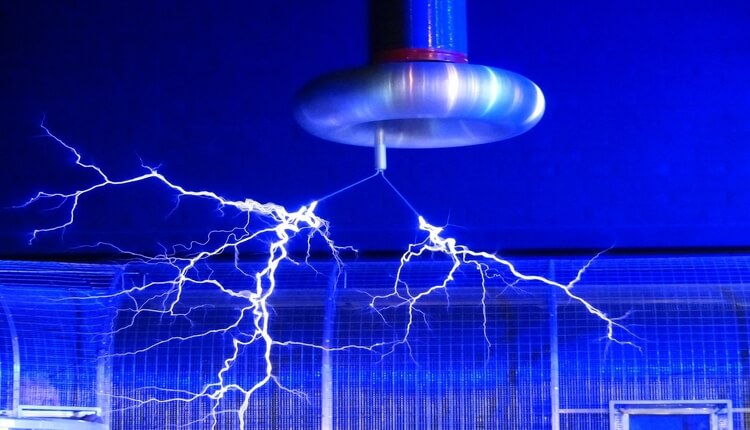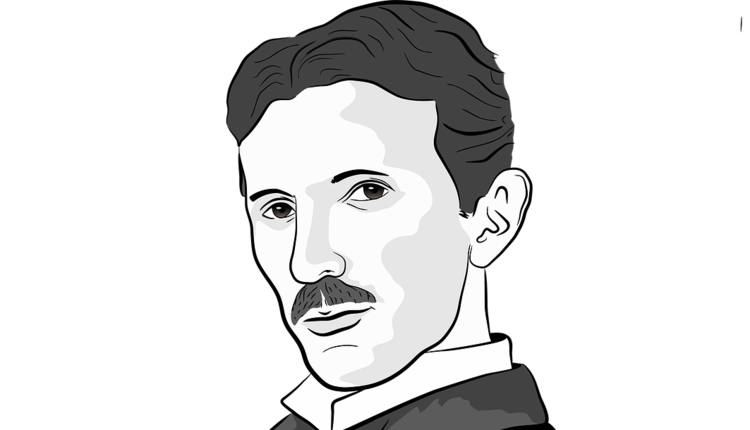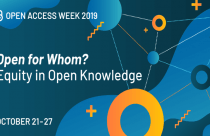World Telecommunication and Information Society Day
Theme: 'Bridging the Standardization Gap'

World Telecommunication Day is celebrated to raise global awareness about the use of Internet and Information and Communications Technologies (ICT) for evolving societies and economies. It aims to bridge the digital divide. The theme for this year of World Telecommunication Day ‘Bridging the standardization gap.’ It highlights the power of data to develop and explores various methods to turn complex, and unstructured data into actionable information to help move development forward.
On the occasion of World Telecommunication and Information Society Day, 17 May, we celebrate the contributions of Nikola Tesla, a man with an extraordinary capacity for visualization and a high aptitude to invent. He was born in 1856 in Smiljan, part of modern-day Croatia. His mother encouraged his innovation skills at an early age. Tesla was passionate about alternating electricity (AC); he realized its potential and devised an induction motor as a means for introducing the concept to the world. His career was wholly devoted to designing, developing, and discovering ideas in numerous fields, especially the dynamo, induction motor, and the Tesla coil. A pioneer in the discovery of X-ray technology, radar technology, remote control, and the rotating magnetic field. He had numerous patents, 270 patents in 27 countries, of which 112 were in the USA alone.

Interesting Facts about Nikola Tesla
- An environmentalist at heart, Tesla believed that people would utilize natural resources rapidly. Therefore, he wanted to use renewable resources. He detected differences in electric potential through different experiments in his laboratory.
- He had the innate ability to imagine and visualize his experiments in three dimensions. He had a photographic memory and was known to memorize books and recite it at his will
- He was a bachelor for his entire life even though he had many ladies admiring him. He was attractive and handsomely dressed. However, he was devoted to his scientific inventions and experimentation.
- Tesla was a multilingual genius and could speak eight languages, including Serbian, English, German, French, Hungarian, Italian, Czech, and Latin.
- Nikola Tesla’s passion and aptitude for science were inherited from his mother Djuka Mandic. She invented small appliances for the home in her spare time.
- Tesla’s first invention was a voice amplifier for the telephone receiver in 1881.
- Tesla, performed toe exercises, to boost his brain power. He believed by squishing each toe 100 times every night stimulated his brain cells.
- He was a germophobic, concerned about hygiene and neatness because he had a near-death encounter with cholera during his teens. It is said that he used 18 napkins to clean his dining room before his evening meals.
- Tesla designed the first hydroelectric power plant in the U.S., installed at Niagara Falls. The city of Buffalo, New York, was powered by the current generated from this hydroelectric power plant.
- It is unclear as to how many patents he had to his name. It is believed that he has 270-300 patents to his name, and some are considered to remain undiscovered. He had the Idea for Smartphone.
- After Tesla’s death, his belongings, research, and equipment were seized by the Office of Alien Property. Some of his possessions and inventions are still classified by the government, while some were released to his family or donated.
- Seventeen years after the great Nikola Tesla’s death, he was conferred an honor by the International Commission of Electrical Engineers. The measurement for the strength of a magnetic field was named the ‘Tesla,’ and is abbreviated by a capital ‘T.’









